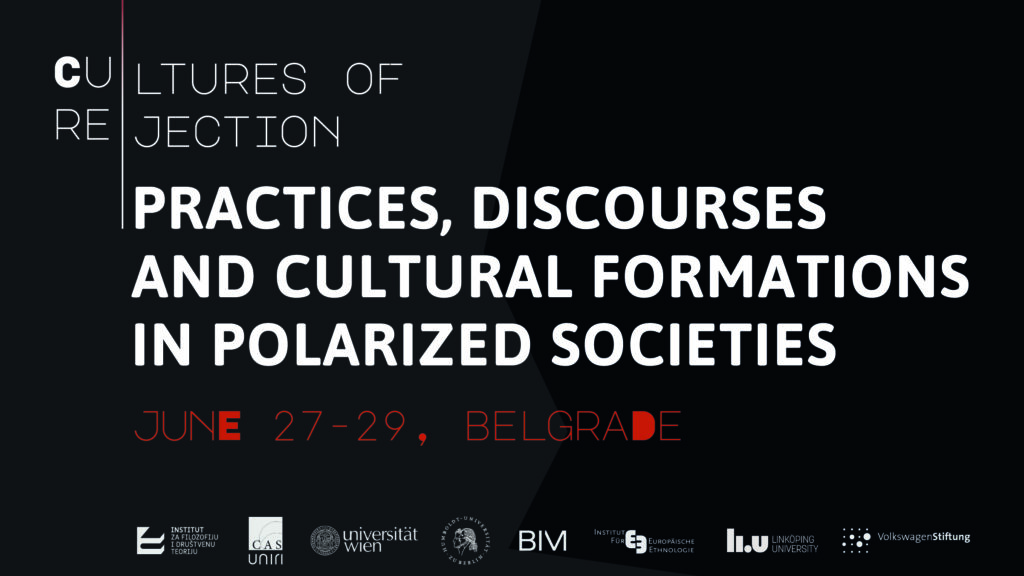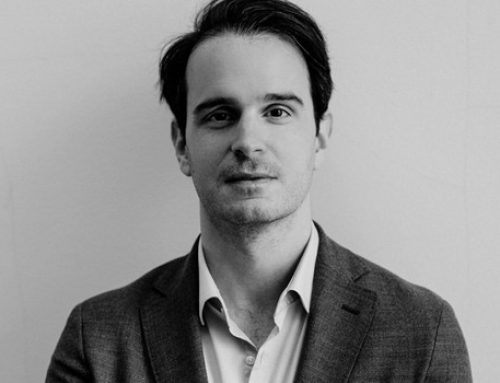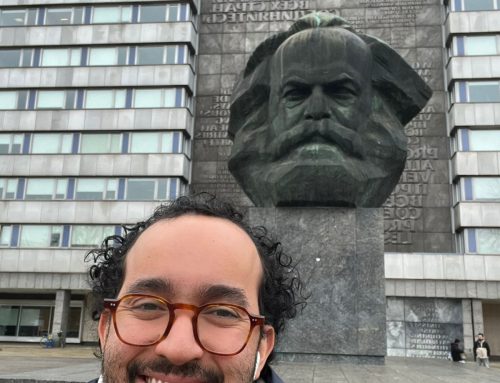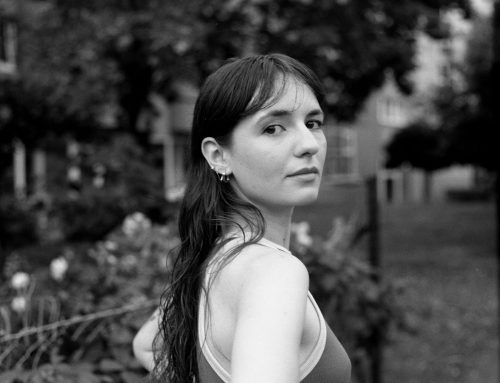Time and date: 27 – 29 June 2022
Location: Dorćol Platz, 11000, Dobračina 59, Beograd, Serbia
Recent years suggest that the 21st century is characterized by a continuous »multiple crisis« that impacts many dimensions of our collective, social reproduction. Among them are growing precariousness and social stagnation, eroding welfare regimes, and declining trust in European institutions. At the same time, socio-technological transformations fundamentally reorganize labor processes, reproductive life, and the political landscape. The global Covid-19 pandemic has created new social upheavals and the war in Ukraine has prompted millions to search for refuge and safety. At the same time, past conflicts persist. Violence in the Middle still leads various populations to look for a better life in Western Europe. »The migrant crisis« appears to have turned into a permanent state.

All these developments have influenced the rise of new and old political actors whoYou can find the full program here. build their programs on ideas of ethnic, racial, or national purity, draw on an algorithmic public sphere and seek to mobilize emotions of insecurity and deprivation. A »Culture of Rejection« offers orientation amidst upheavals by rejecting immigration, political elites, civil society institutions, the media, shifting gender relations, and European integration. The consequent resurgence of nationalism and right-wing populism points to deeper processes of polarization, radicalization, and transformation of everyday life. Counteracting an authoritarian drift involves tackling these sociocultural conditions.
In »Cultures of Rejection in Europe: Conditions of acceptability in socio-spatial and digital environments« funded by the Volkswagen Foundation, we investigate practices, discourses, and cultural formations that provide orientation in changing lifeworlds by recourse to »Cultures of Rejection«. From the 27th to the 29th of June 2022, we are inviting scholars to Belgrade, to take stock of the social, political, and cultural conditions under which these developments take place.
UNIRI The Moise Palace: Cres Island
An education center of the University of Rijeka. A five-hundred-year-old patrician townhouse and the largest Renaissance palace on the Croatian islands. A venue and forum for various scientific and research activities, it welcomes visiting academics, students and scholars.




